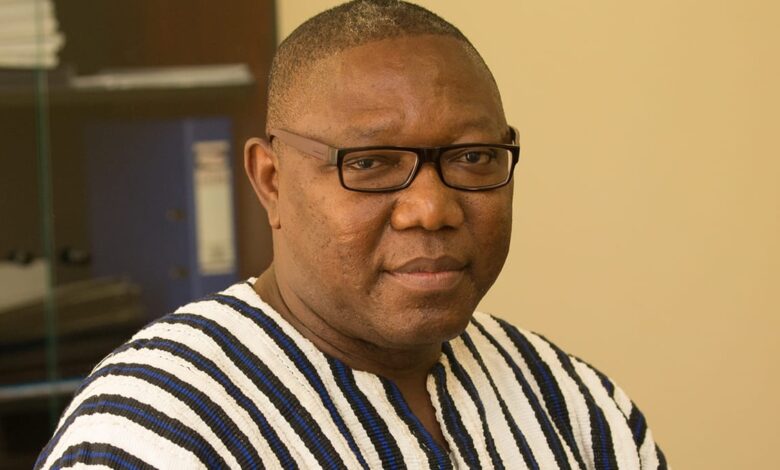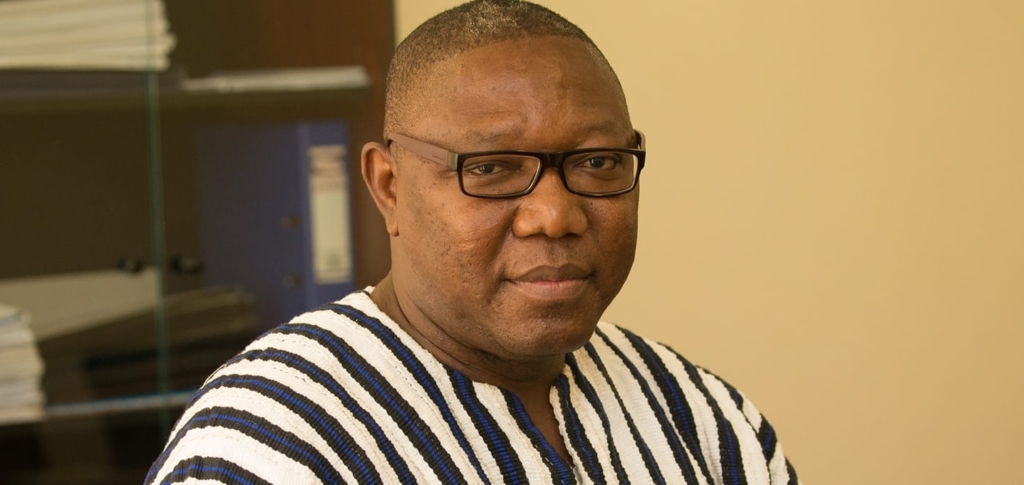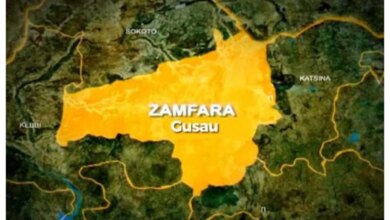Government prioritises teacher training in foundational learning – Dr Apaak


The Deputy Minister of Education, Dr Clement Apaak, says the government is looking at training more teachers in the area of foundational learning.
Dr Apaak said the government is determined to make a difference in the education space, adding that “if we get the foundation right, learning outcomes will improve.”
The Deputy said this on Monday at the launch of the 2025 Foundational Learning Action Tracker (FLAT) in Accra.
The FLAT was launched in collaboration with the United Nations Children’s Fund (UNICEF) and the Hempel Foundation.
The digital monitoring tool provides insights to accelerate progress in literacy, numeracy, and socio-emotional skills for children across the country. It will also help Ghana meet its national education goals and the Sustainable Development Goals.
Dr Apaak said Ghana has reinforced its position as a champion in foundational learning by reviewing the country’s curriculum from kindergarten to primary six.
“Now we know that to succeed means that we need to provide a needed human resource, as far as education is concerned. The most important resource is the teacher, so we continue to invest in the training of teachers for positive outcomes.”
He said the government had allowed teachers to use the mother tongue to teach from kindergarten to primary three.
He said President Mahama, in March, launched the “Teacher Dabre” policy to improve education in rural areas by providing incentives and infrastructure for teachers.
The policy also includes a 20 per cent allowance for teachers in deprived communities, plans to build teacher accommodation units in rural areas, and a commitment to include teacher housing in all new basic schools constructed.
These initiatives, the Deputy Minister stated, would motivate teachers to accept postings in the rural areas and give their best to improve education.
Dr Pia Rebello Bristol, Global Director, Education and Adolescent Development, UNICEF, said the FLAT monitored national efforts across the framework for foundational learning.
She said the framework focused on five key areas of action: reaching every child and keeping them in school, and assessing learning levels.
The rest are prioritising the teaching of fundamentals, increasing instructional efficiency, and developing psychosocial health and well-being.
The FLAT was first launched in 2023 to drive global accountability for foundational learning commitments.
The 2025 findings, which include data from 124 low and middle-income countries, indicate that while most nations have sustained their efforts, the pace of progress must be accelerated to ensure all children are learning.
In low-and middle-income countries, about 70 per cent of children are estimated to be unable to read and understand a simple text by age 10.
According to the World Bank, learning poverty could cost countries up to 10 per cent of their future Gross Domestic Product due to a less skilled workforce.
Mr Anders Holm, the Chief Executive Officer of the Hempel Foundation, underscored the importance of foundational skills to ensure that children reach their full potential.
He called for collaboration to achieve the goal of foundational learning, urging governments to invest in training more teachers and moving from commitment to action.
DISCLAIMER: The Views, Comments, Opinions, Contributions and Statements made by Readers and Contributors on this platform do not necessarily represent the views or policy of Multimedia Group Limited.
DISCLAIMER: The Views, Comments, Opinions, Contributions and Statements made by Readers and Contributors on this platform do not necessarily represent the views or policy of Multimedia Group Limited.
Source link





